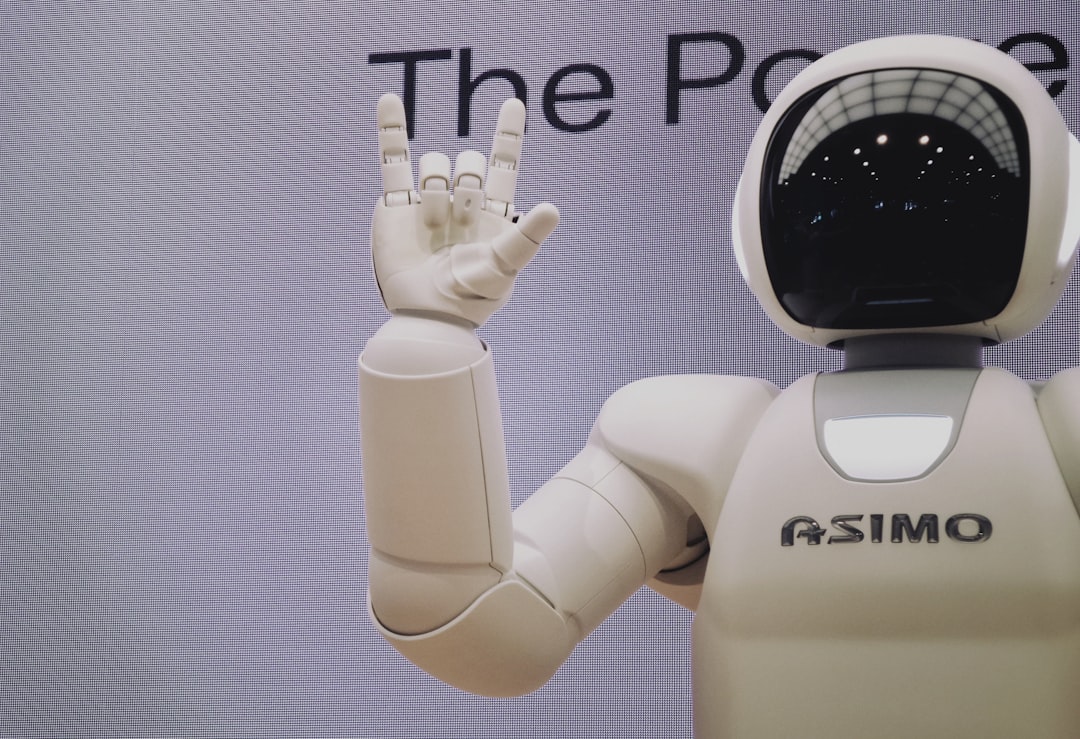
Evercore ISI sees 2025 as the pivotal year for artificial intelligence (AI) adoption, bridging the gap between consumer enthusiasm and corporate implementation. While AI’s potential has been heavily discussed, its transformative power is expected to become more tangible across industries this year.
Key Factors Driving AI Adoption in 2025
1. AI Evolution Beyond Chatbots
Generative AI advancements in 2024 laid the groundwork by automating both physical and digital tasks.
Applications include robotics, digital autonomous agents, and industrial tools.
Inference Time Reasoning and enhanced communication capabilities now enable AI to automate complex tasks, moving away from rigid, hardcoded rules.
2. Autonomous Agents with “Thinking” Capabilities
AI systems can now “think” before acting, a shift that expands their usability in skilled roles.
These AI-infused agents are expected to impact industries like healthcare, manufacturing, and logistics, addressing labor shortages.
3. Investor Sentiment and Market Dynamics
AI-exposed stocks saw their first major pullback in 2024, reflecting cautious investor sentiment.
Industry leader Nvidia (NASDAQ:NVDA) experienced sideways movement but is showing signs of renewed momentum.
Evercore’s Conviction: Why 2025 Matters
Corporate Capex Trends: Hyper-scalers like Google (NASDAQ:GOOGL) continue to invest heavily in AI infrastructure, suggesting readiness for broader adoption.
Labor Market Alignment: AI is positioned to mitigate skilled labor shortages, making it a necessity rather than a luxury.
AI Adoption Insights with Financial Modeling Prep APIs
Analyze Sector Impacts: Use the Sector P/E Ratio API to evaluate how AI adoption influences valuation across sectors like technology, healthcare, and manufacturing.
Track Corporate Investment Trends: Leverage the Advanced DCF API to assess how companies like Nvidia or Google integrate AI into their growth strategies.
Monitor Financial Growth: The Financial Growth API provides insights into how AI investments affect revenue and profitability.
Conclusion
With its transformative potential becoming increasingly evident, AI in 2025 is set to reshape industries and redefine skilled work. This year marks the beginning of widespread adoption, supported by technological advancements and economic necessity.

